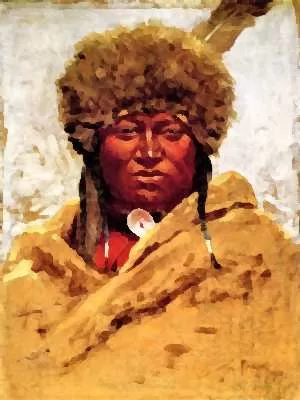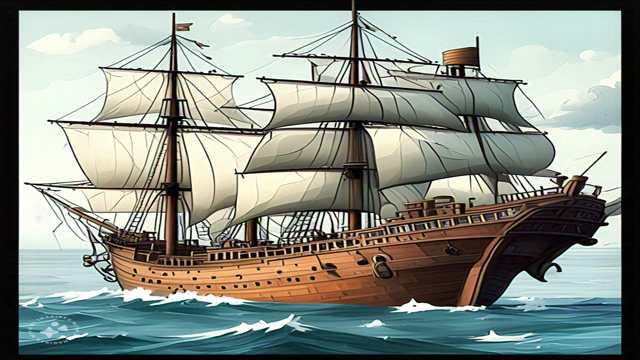October 10 – A Day of Reflection: Columbus Day and National Mourning
On October 10, 2011, the United States observed Columbus Day, a holiday that has sparked significant debate and reflection over the years. While some celebrate the Italian navigator Christopher Columbus and his voyages, others recognize this day as a National Day of Mourning for Native Americans, marking the beginning of a painful chapter in their history. Additionally, this date coincides with Thanksgiving Day in Canada, a time for Canadians to gather with family and give thanks.
The Controversial Legacy of Columbus
Christopher Columbus is often credited with “discovering” America when he landed in the Bahamas on October 12, 1492. However, this narrative is deeply flawed. The Americas were already inhabited by diverse Indigenous peoples who had been living on these lands for thousands of years. Columbus’s arrival marked the beginning of European colonization, which led to the widespread suffering, displacement, and death of Native populations across North, South, and Central America.

Many historians and activists argue that celebrating Columbus Day ignores the atrocities committed during and after his voyages. Columbus’s governance was marked by cruelty, enslavement, and violence against Indigenous peoples. As a result, some communities choose to observe this day as a time of mourning rather than celebration, reflecting on the impact of colonization and honoring the resilience of Native cultures.
Thanksgiving Day in Canada
Coincidentally, the second Monday in October is also Thanksgiving Day in Canada. While this holiday is not as widely celebrated as its American counterpart, it serves as an opportunity for Canadians to gather with family and friends, share a meal, and express gratitude. The traditions surrounding Canadian Thanksgiving vary by region, with some communities emphasizing harvest festivals and others focusing on family gatherings.
Did Columbus Really Discover America?
The notion that Columbus “discovered” America is misleading. Long before his arrival, the ancestors of Native Americans had migrated to the continent from Asia via a land bridge, settling in diverse communities across North America. Additionally, there is evidence that Polynesians reached the Americas by boat, and Leif Erikson and the Vikings arrived nearly 500 years before Columbus.
Columbus himself believed he had reached the islands of the Indies in Southeast Asia, unaware that he had encountered a “New World.” His voyages, however, did bring the Americas to the attention of European powers, setting the stage for further exploration and colonization by Spain, Portugal, England, France, and the Netherlands.
Reflecting on Our History
As we observe October 10, it is essential to recognize the complexities of this day. While some may celebrate Columbus’s voyages, others mourn the consequences of colonization. This duality invites us to engage in meaningful conversations about history, identity, and the ongoing impact of colonization on Indigenous communities.
For those interested in learning more about this topic, resources like Enchanted Learning offer educational materials, crafts, and activities related to Columbus and Native American history. You can also create mini-models of Columbus’s ships—the Nina, Pinta, and Santa Maria—to engage with this history in a hands-on way.
In conclusion, October 10 serves as a reminder of the diverse narratives that shape our understanding of history. Whether you choose to celebrate, reflect, or engage in discussions about this day, let it be an opportunity to honor the past and work towards a more inclusive future.

